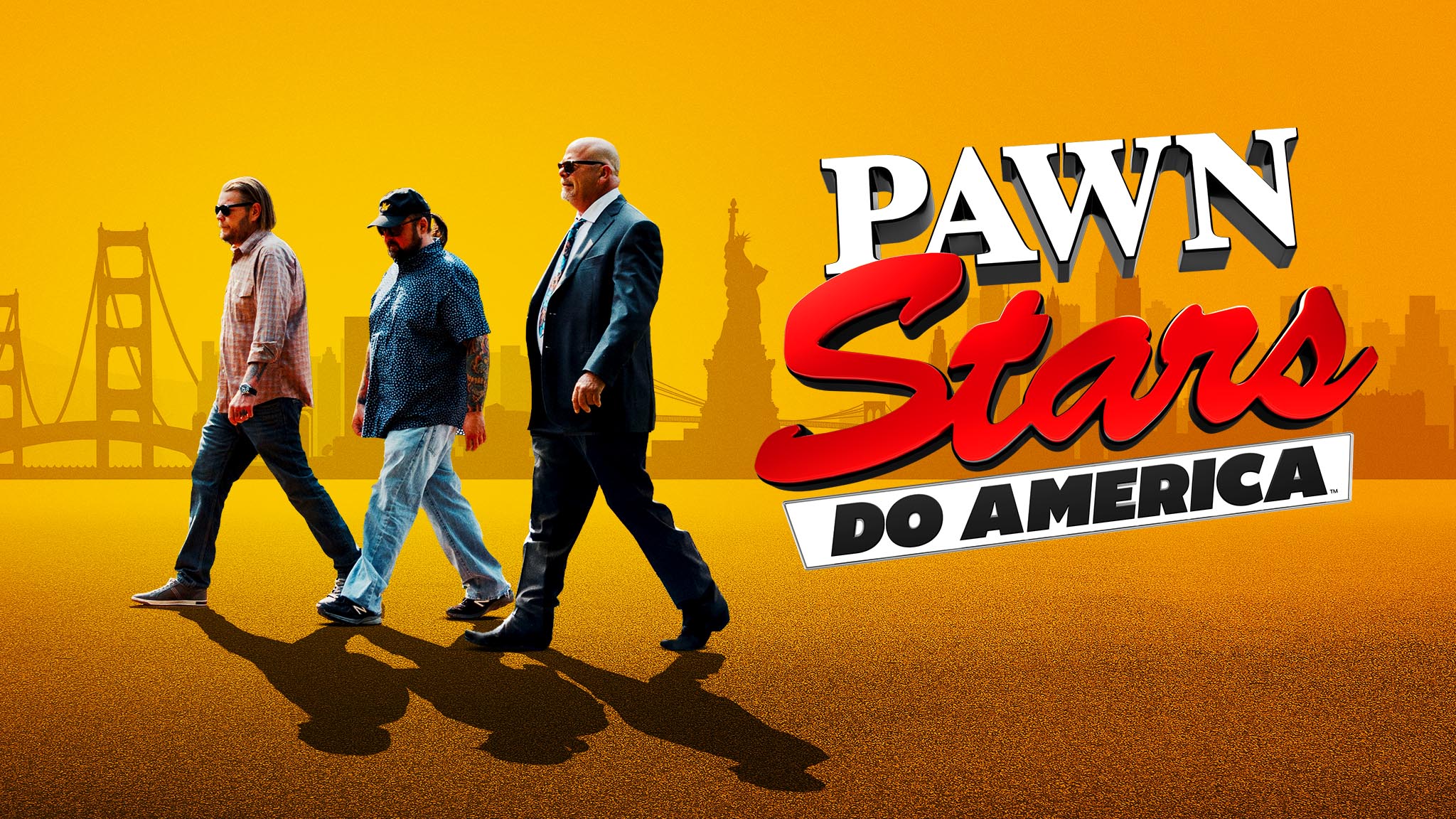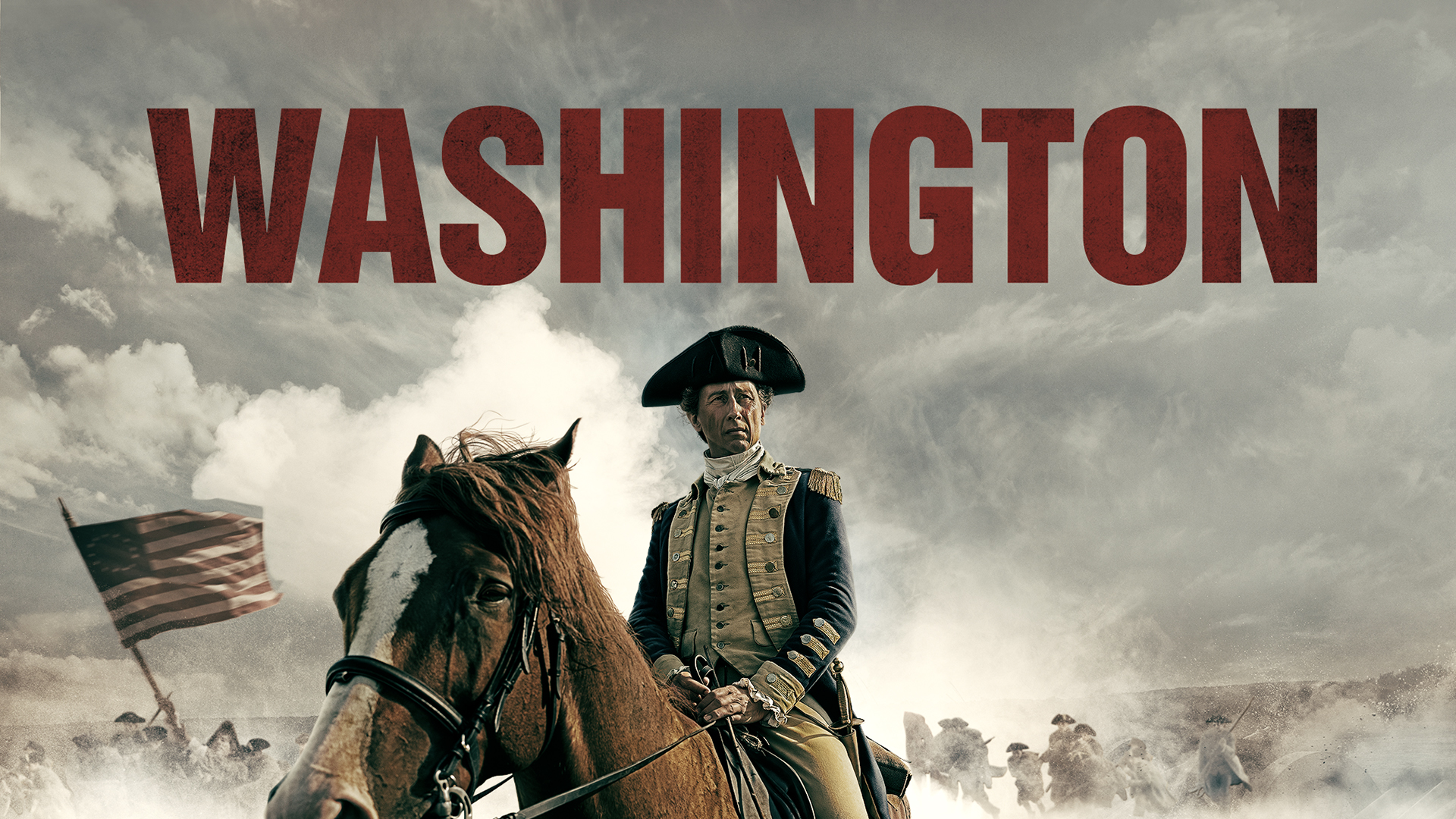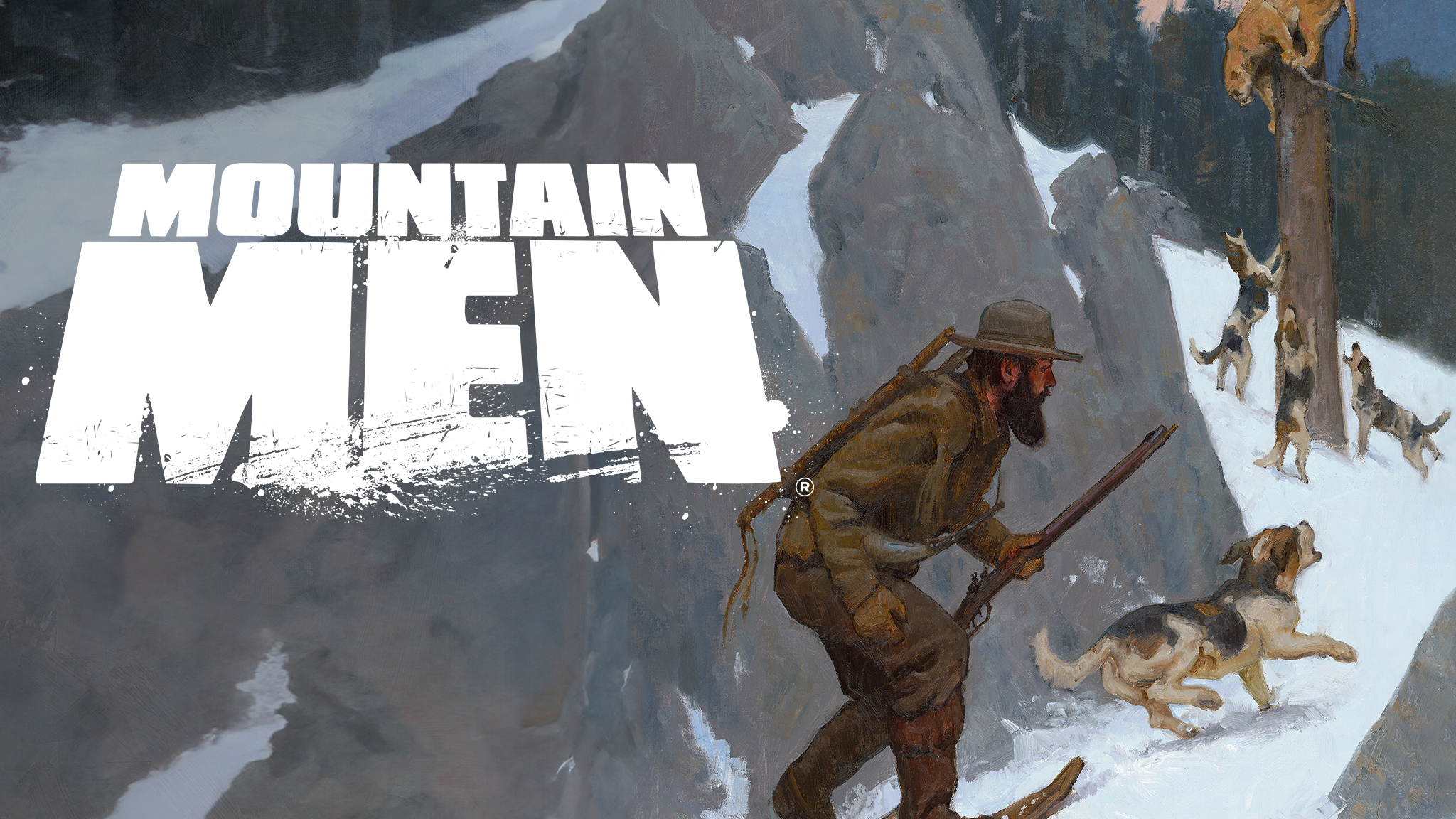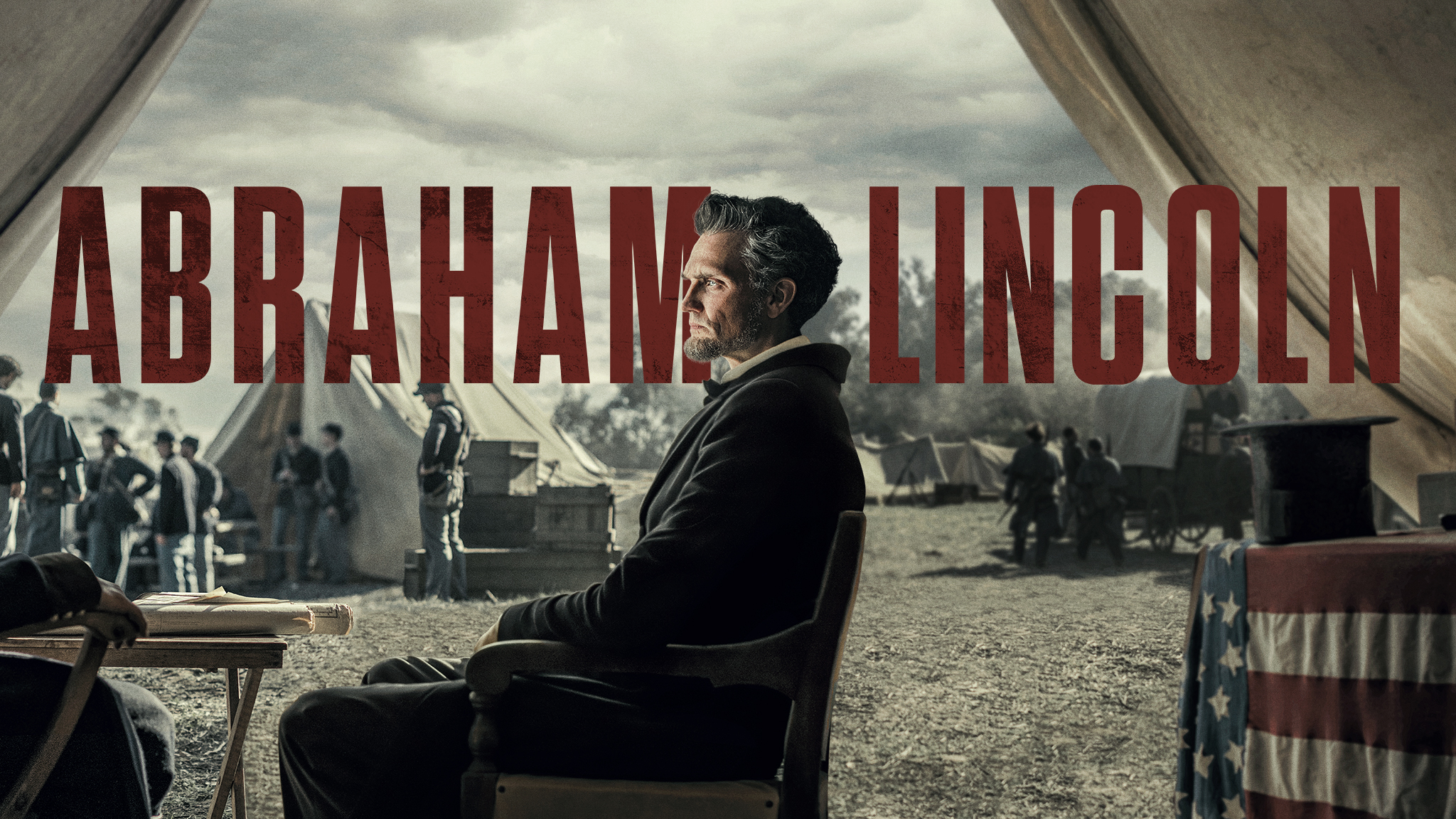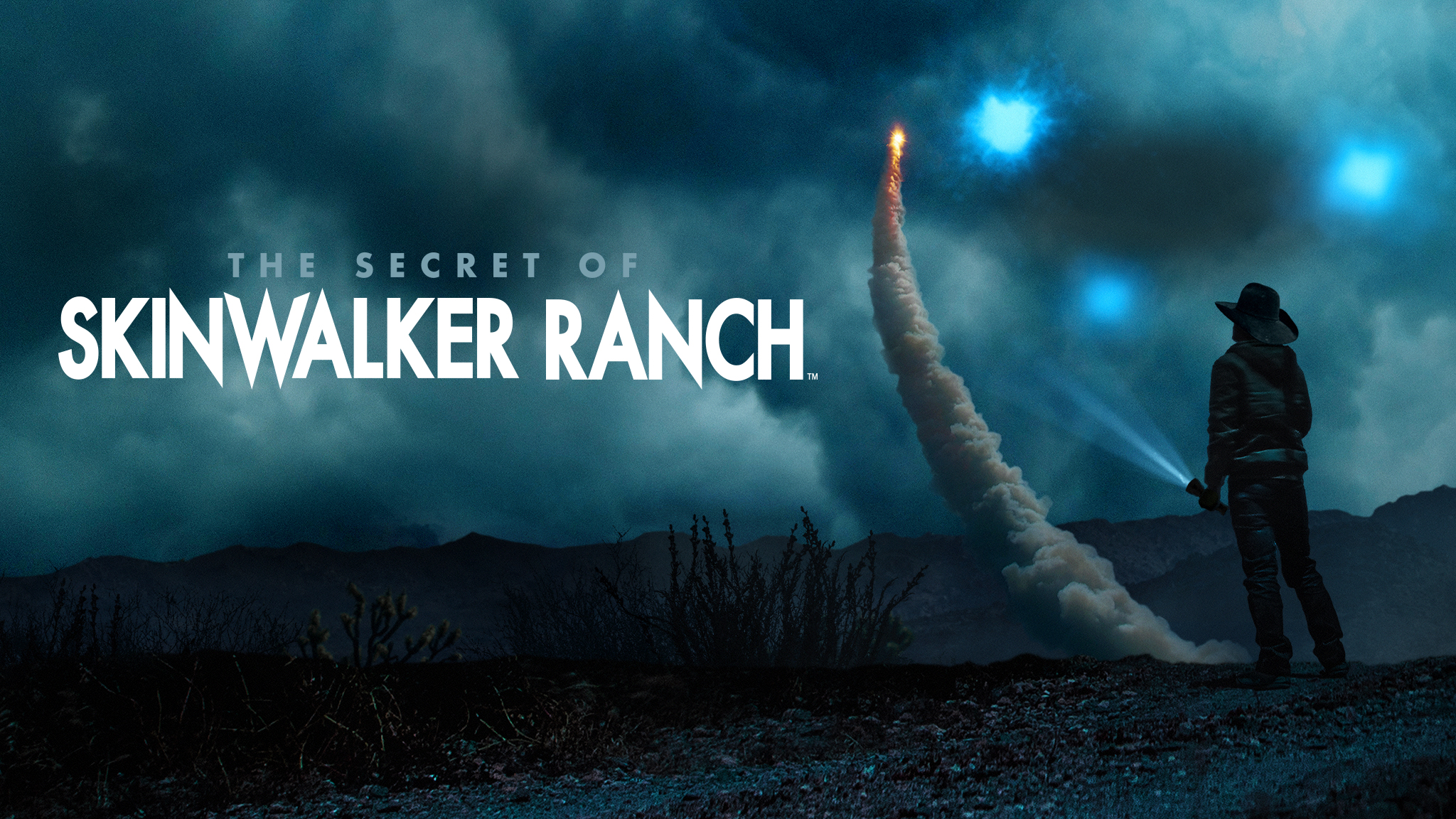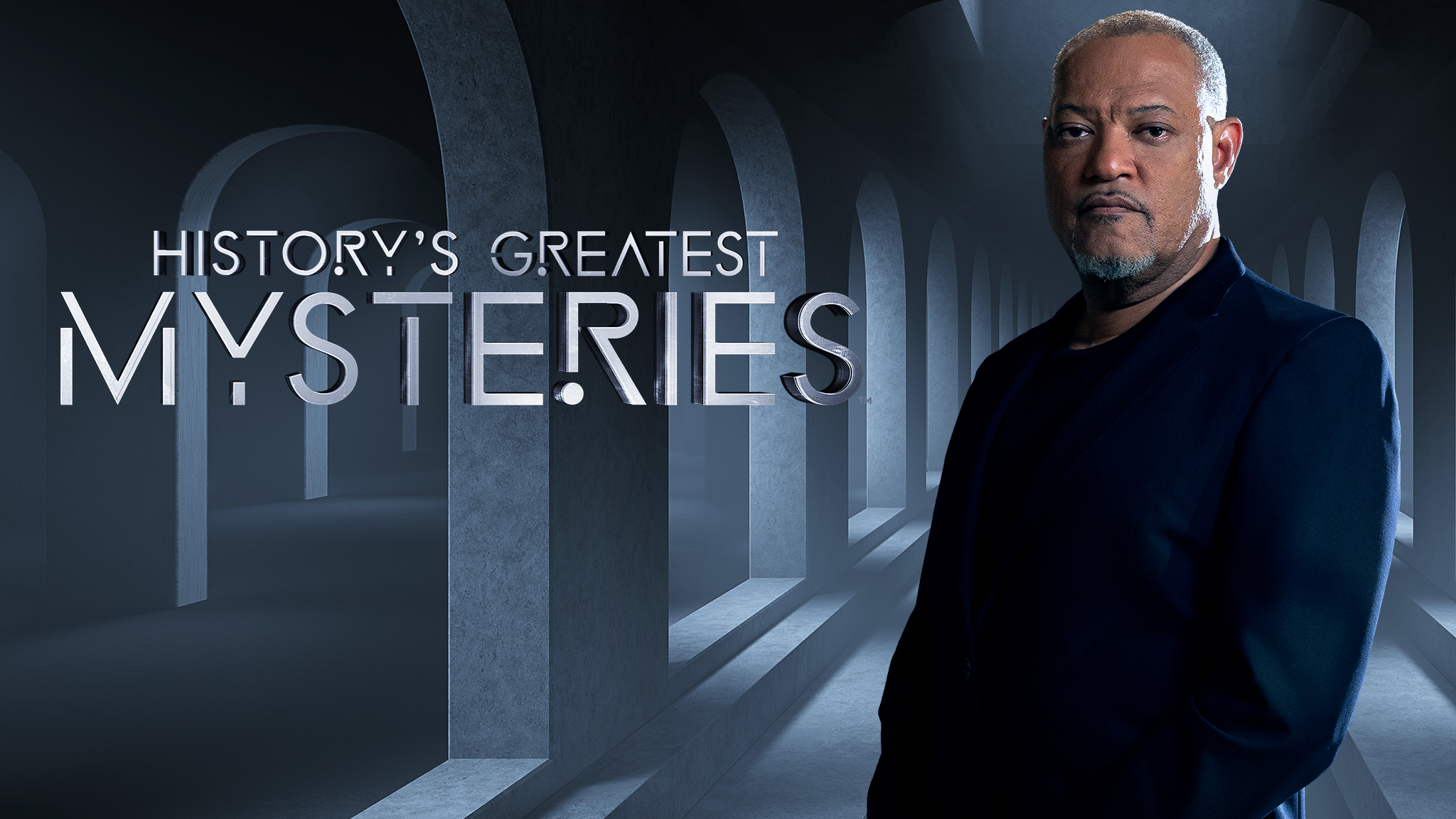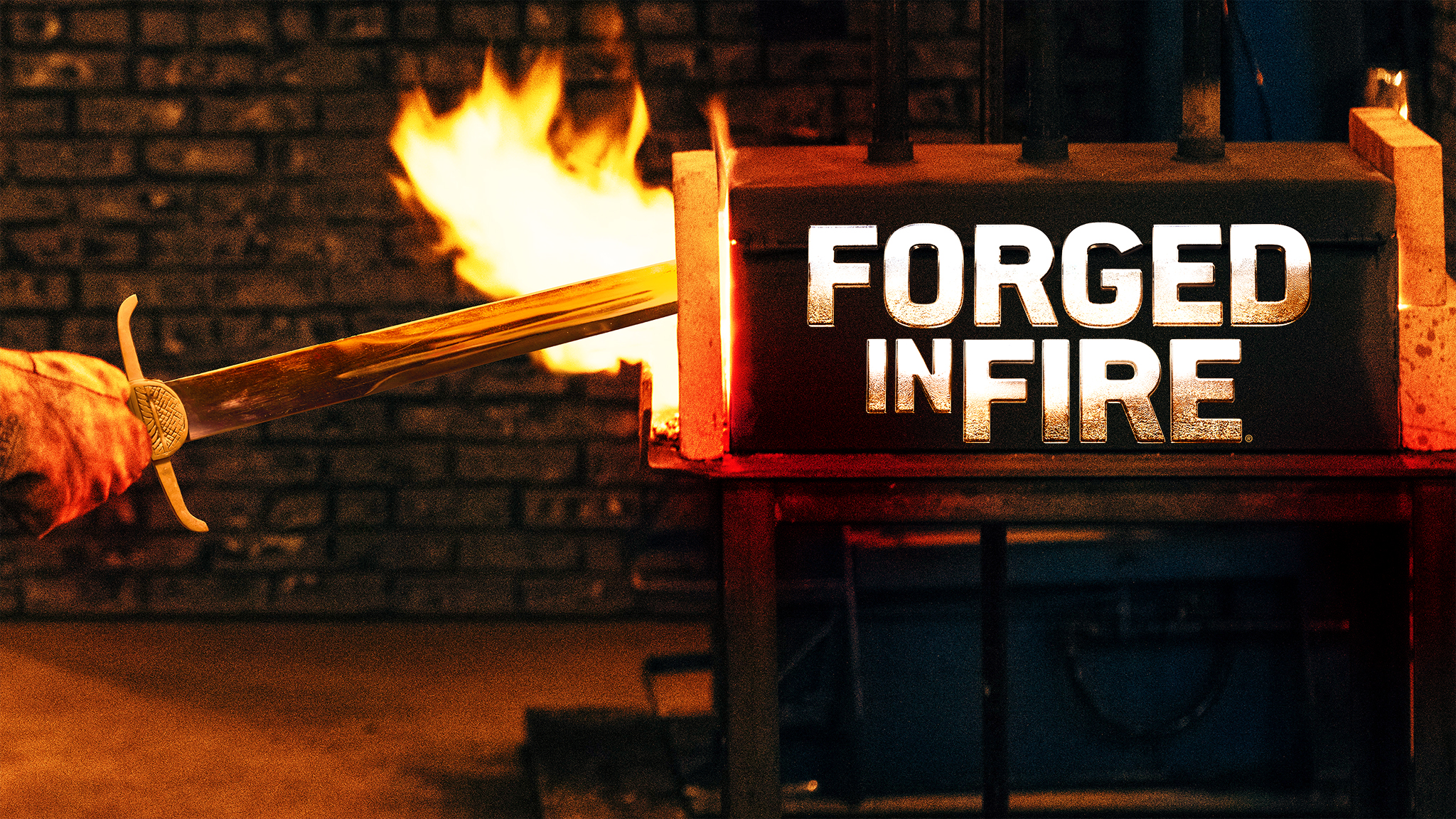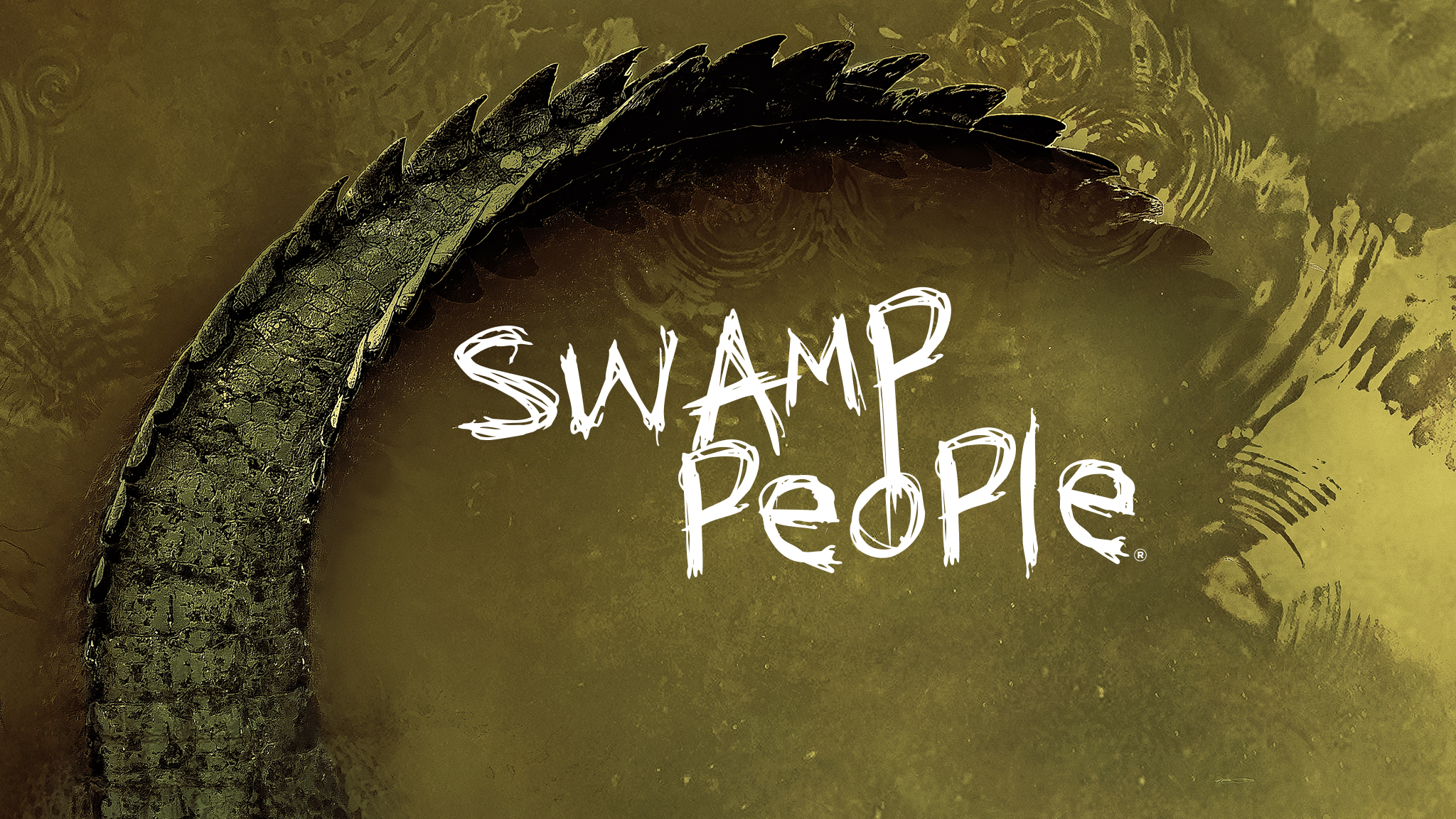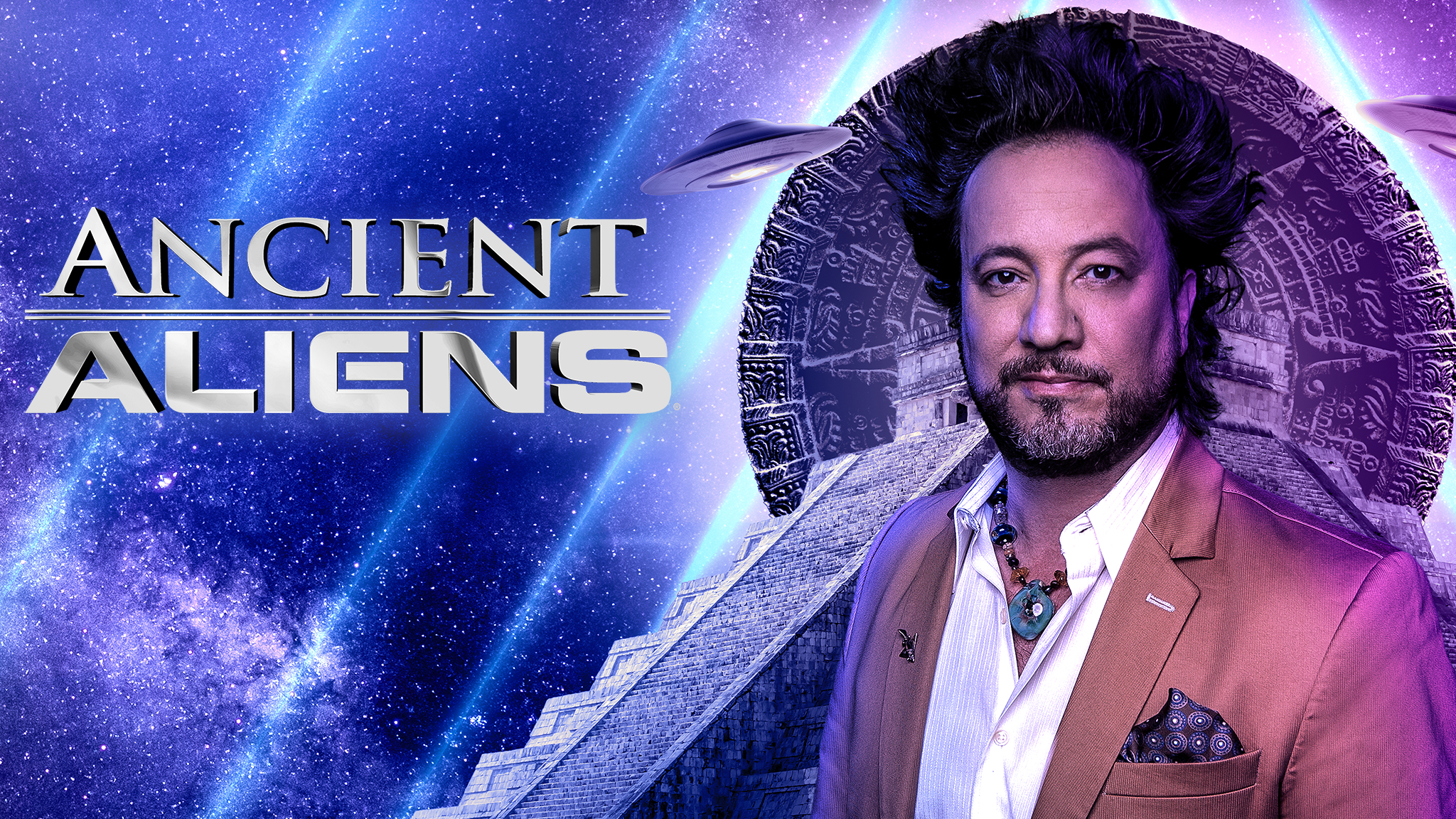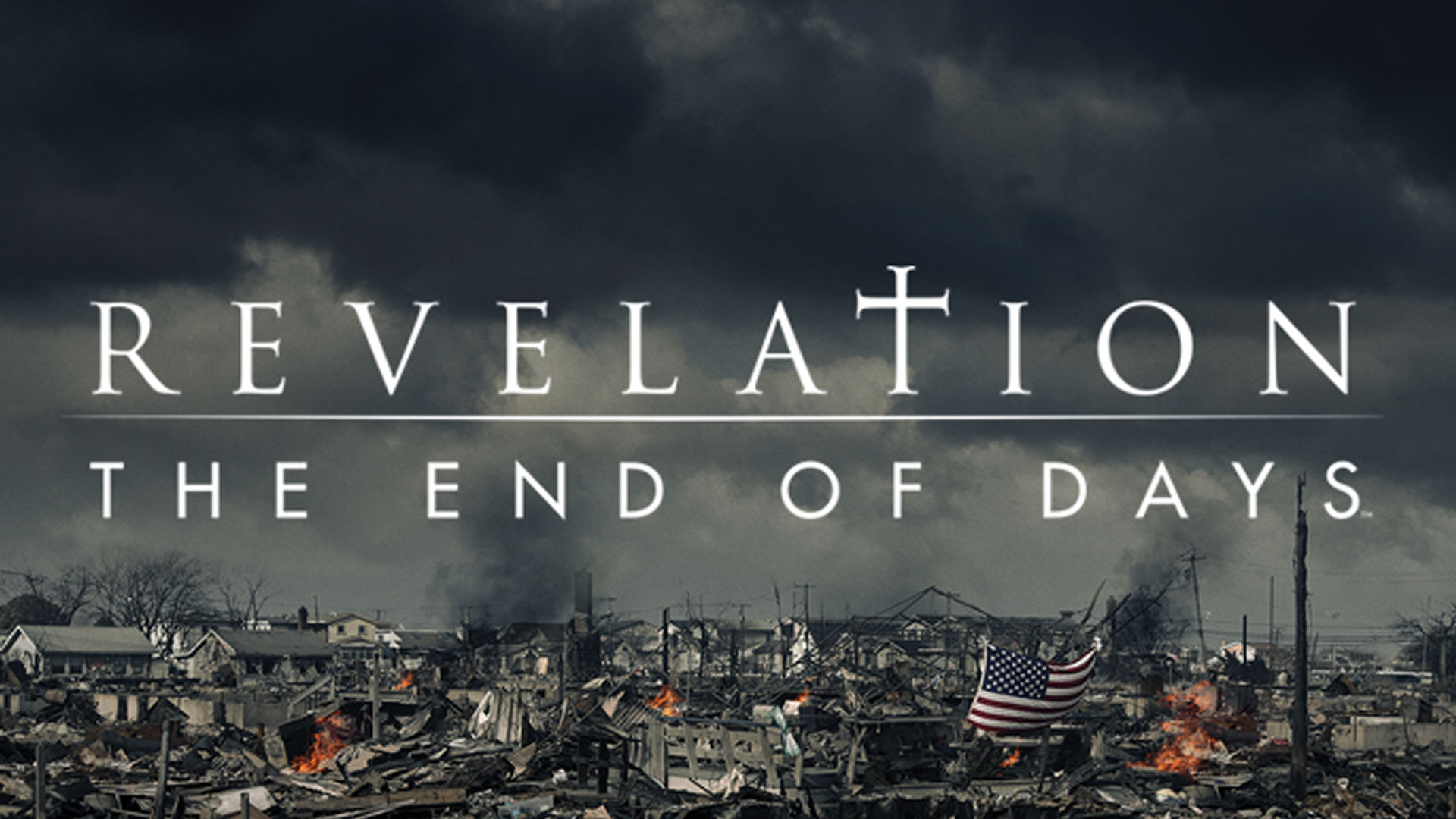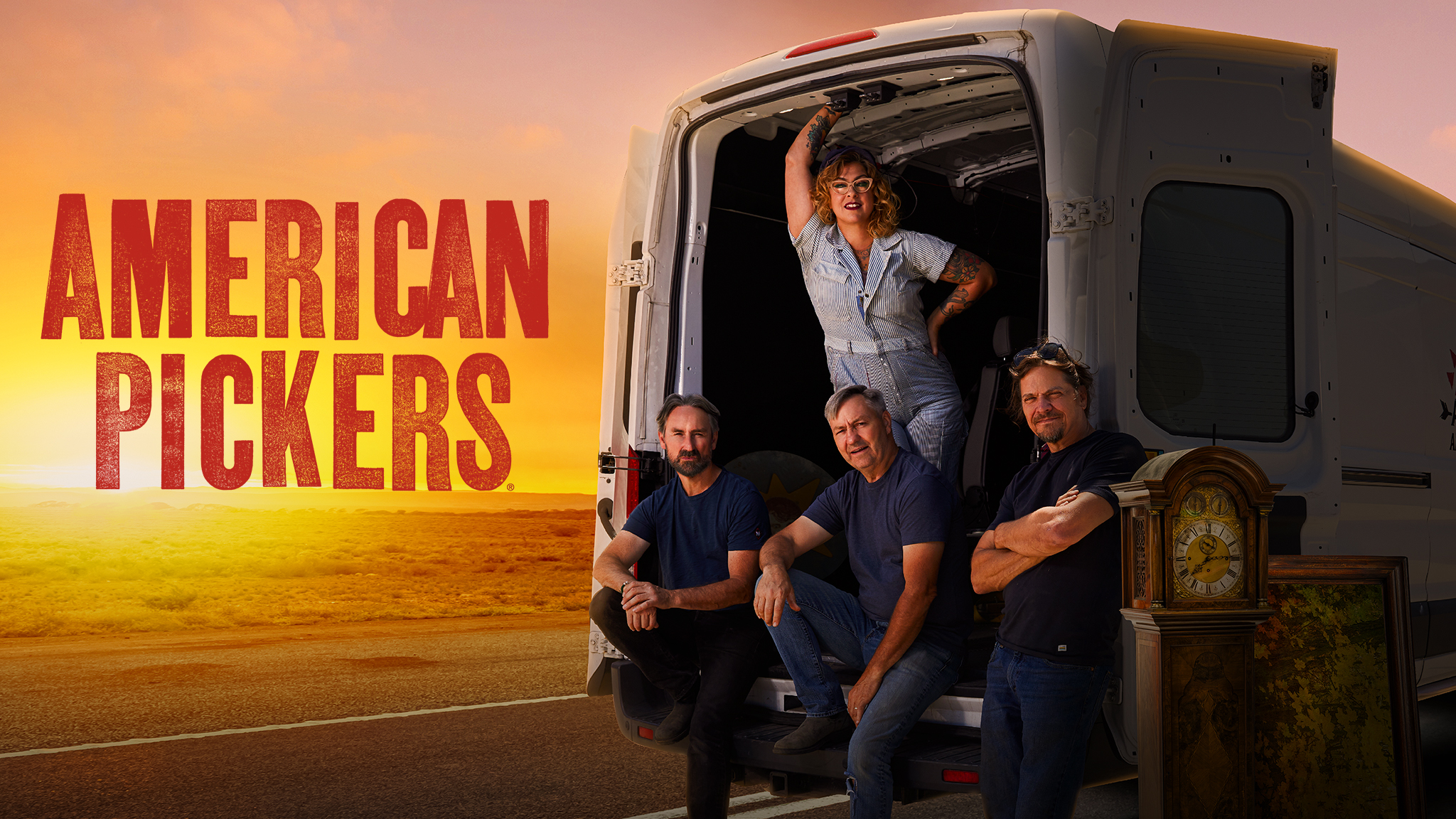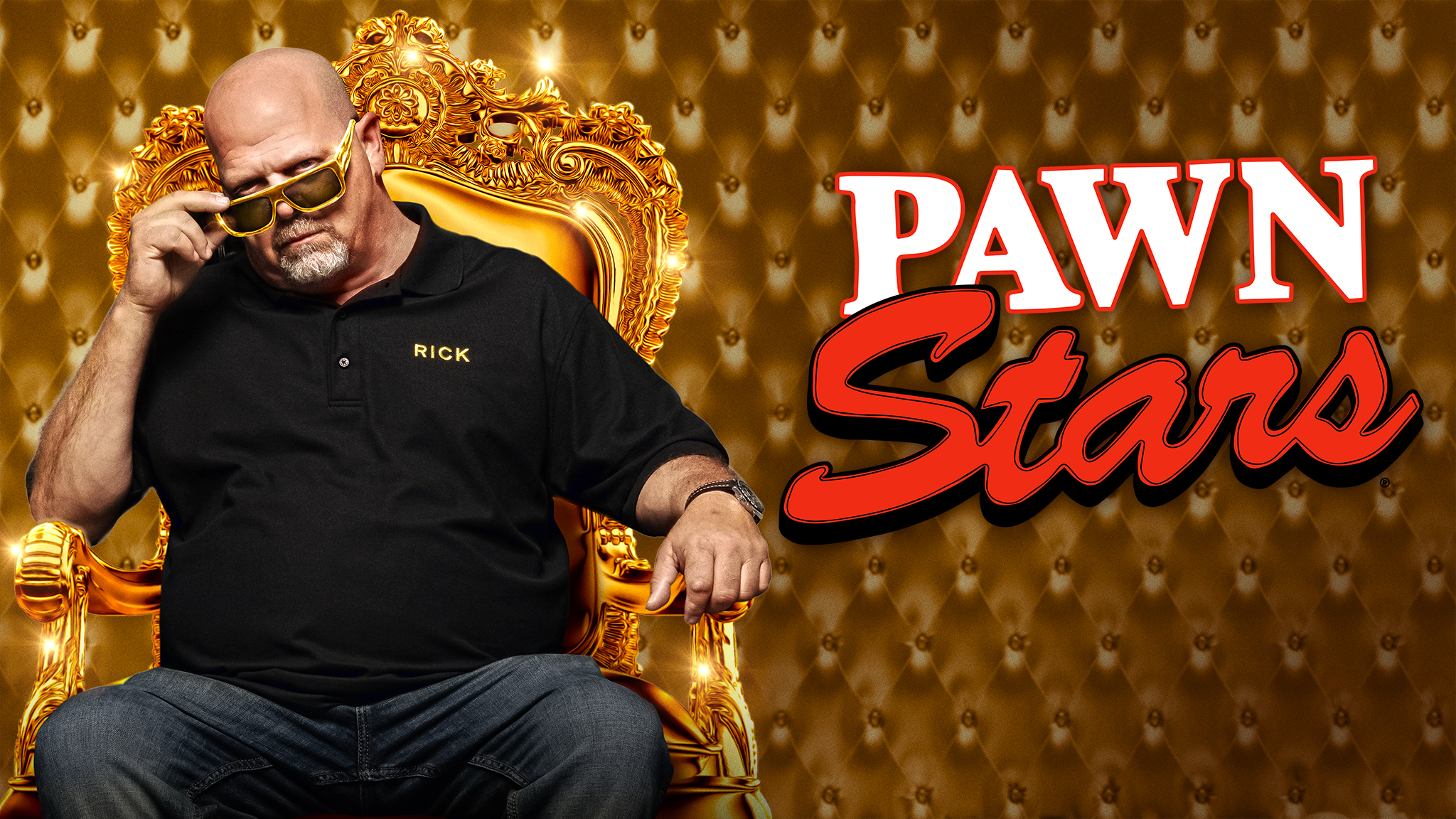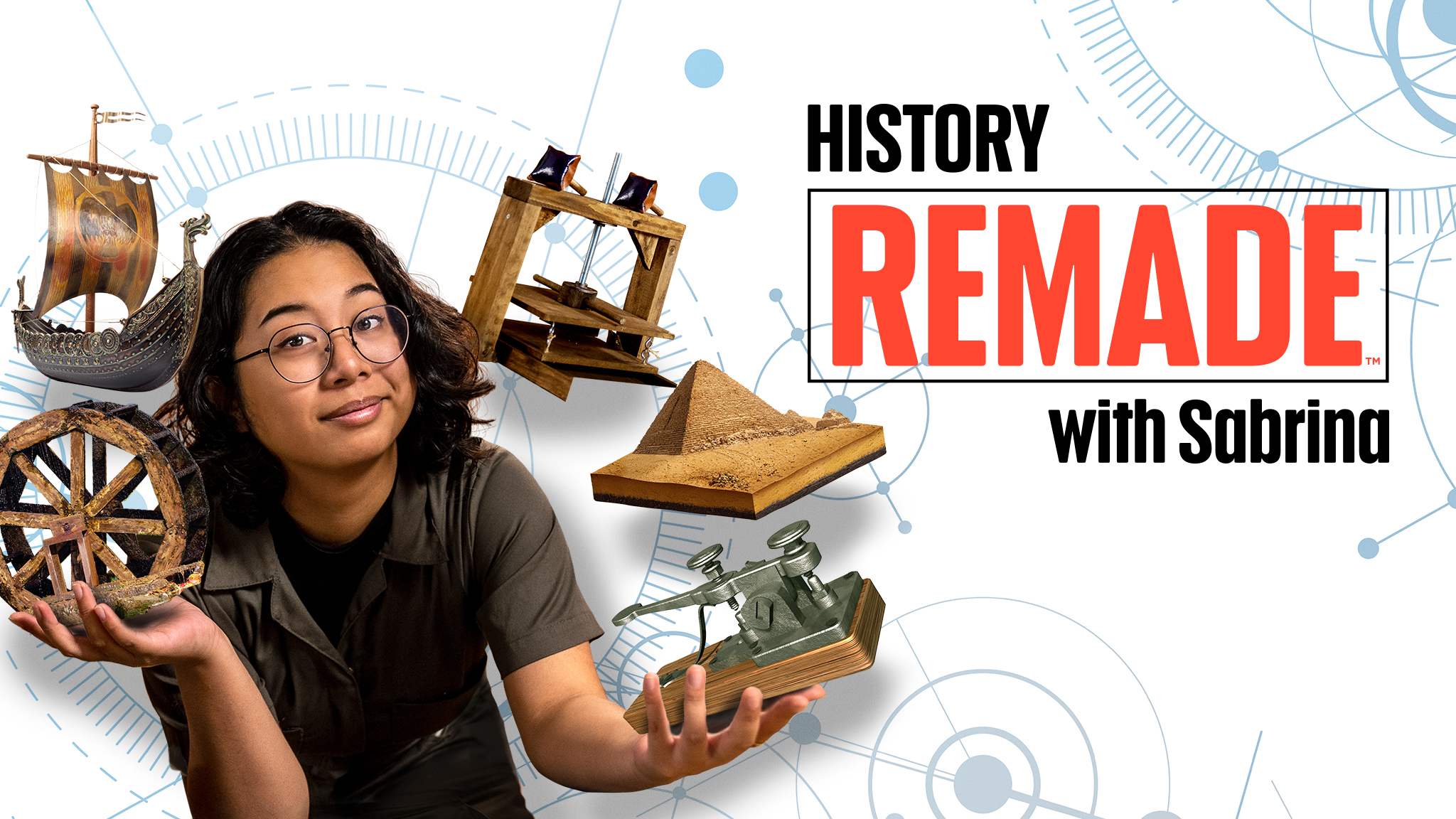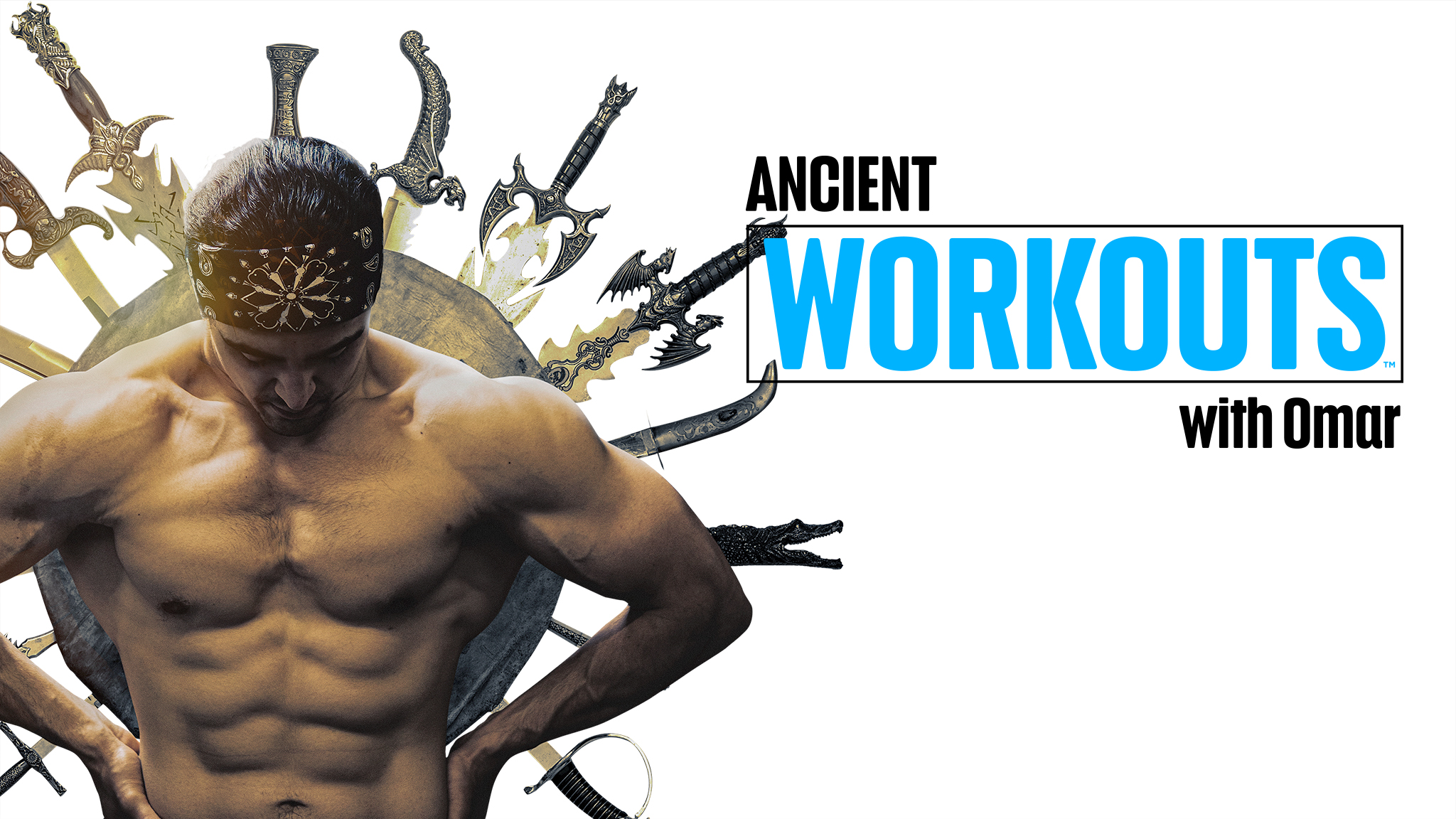Schedule
-
LIVE NOW12:00 am
Special
Rescue at Dawn: The Los Banos Raid
-
LIVE NOW2:00 am
Special
Inside the Great Battles
-
LIVE NOW3:00 am
Mail Call
AAV; Jeep; Medieval Battering Ram; Urban Warfare; Ball Turret Gunner; Nose Art
-
LIVE NOW3:30 am
Mail Call
Newest Coast Guard Ship; Carrier Battle Group; Tanks; Sherman Tank; XM-29 Rifle; WWII V-Mail
-
LIVE NOW4:00 am
-
LIVE NOW6:00 am
Paid Programming
Info-Documentaries.
-
LIVE NOW6:30 am
Paid Programming
Info-Documentaries.
-
LIVE NOW7:00 am
Paid Programming
Info-Documentaries.
-
LIVE NOW7:30 am
Paid Programming
Info-Documentaries.
-
LIVE NOW8:00 am
Special
Inside the Great Battles
-
LIVE NOW9:00 am
Mail Call
AAV; Jeep; Medieval Battering Ram; Urban Warfare; Ball Turret Gunner; Nose Art
-
LIVE NOW9:30 am
Mail Call
Newest Coast Guard Ship; Carrier Battle Group; Tanks; Sherman Tank; XM-29 Rifle; WWII V-Mail
-
LIVE NOW10:00 am
-
LIVE NOW12:00 pm
Special
Rescue at Dawn: The Los Banos Raid
-
LIVE NOW2:00 pm
Special
Inside the Great Battles
-
LIVE NOW3:00 pm
Mail Call
AAV; Jeep; Medieval Battering Ram; Urban Warfare; Ball Turret Gunner; Nose Art
-
LIVE NOW3:30 pm
Mail Call
Newest Coast Guard Ship; Carrier Battle Group; Tanks; Sherman Tank; XM-29 Rifle; WWII V-Mail
-
LIVE NOW4:00 pm
-
LIVE NOW6:00 pm
Battlefield Detectives
Alesia
-
LIVE NOW7:00 pm
Patton 360
American Blitzkrieg
-
LIVE NOW8:00 pm
Patton 360
Baptism of Blood
-
LIVE NOW9:00 pm
Patton 360
Leading the Charge
-
LIVE NOW10:00 pm
The Color of War
Victory
-
LIVE NOW11:00 pm
Ancient Discoveries
Impossible Naval Engineering


